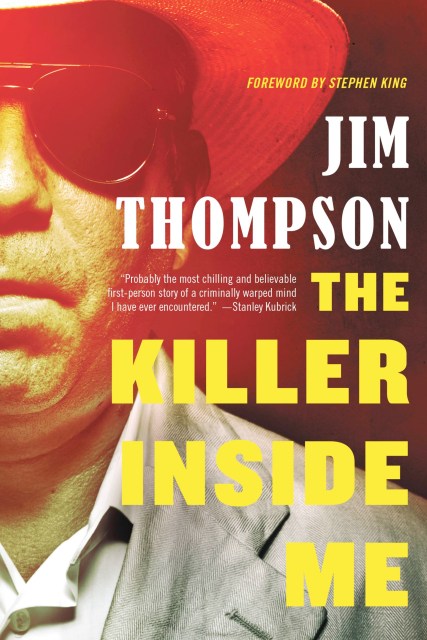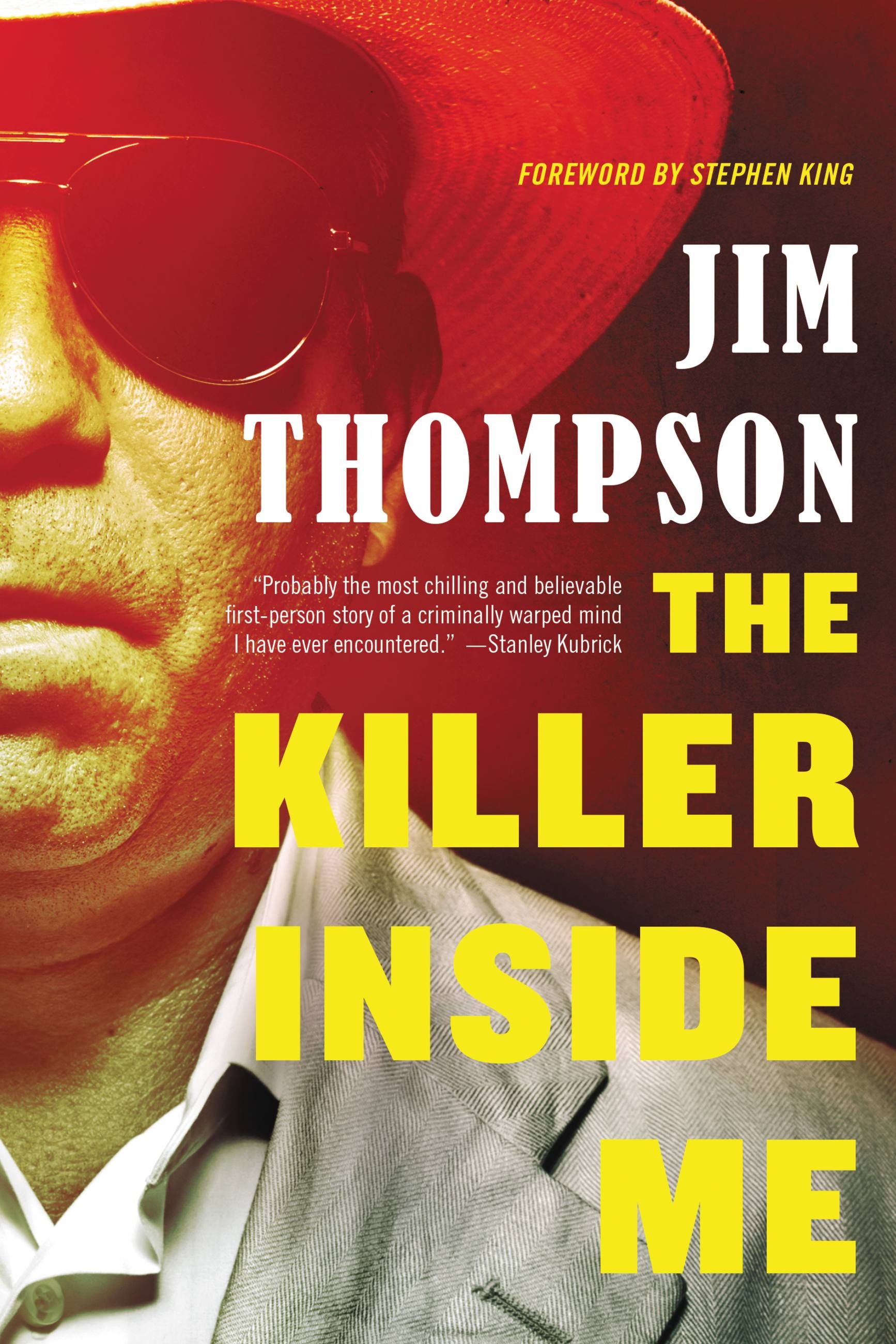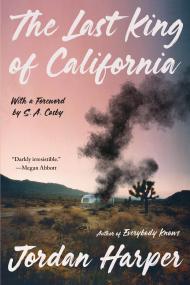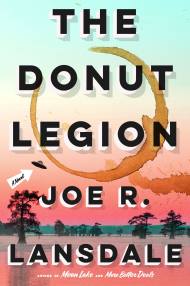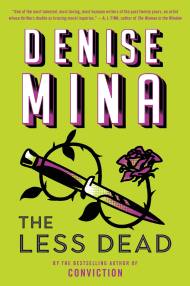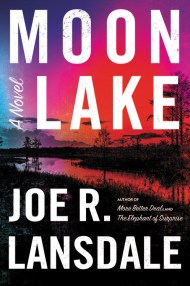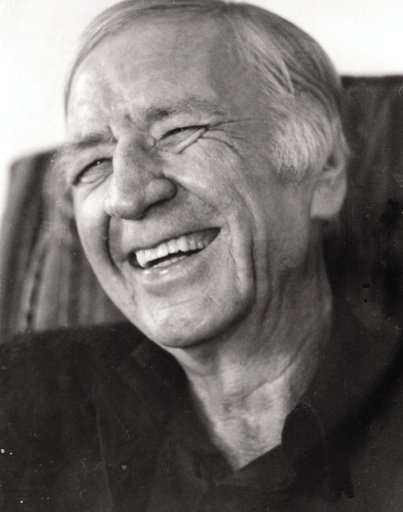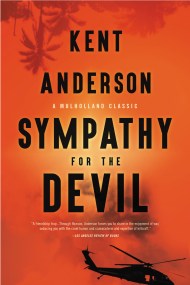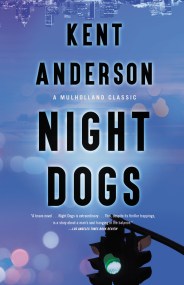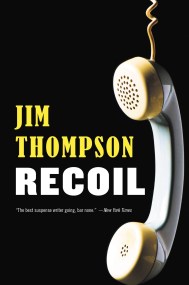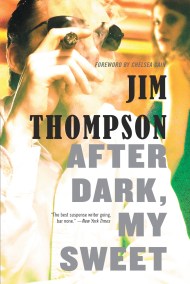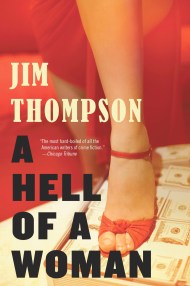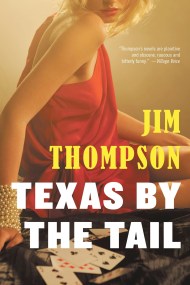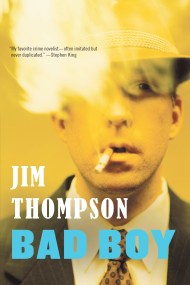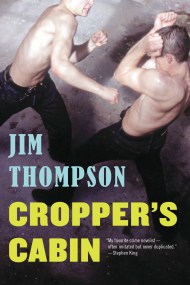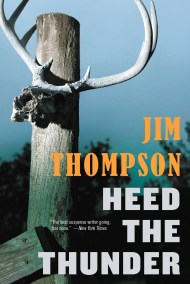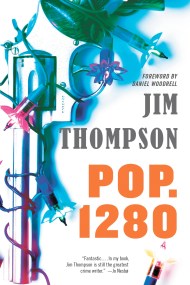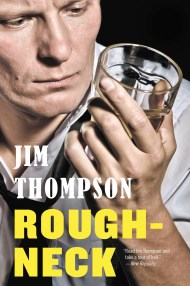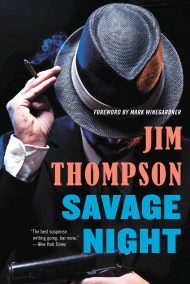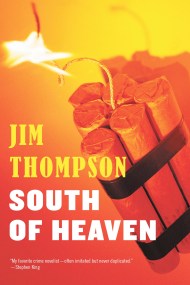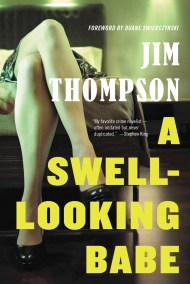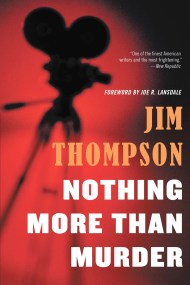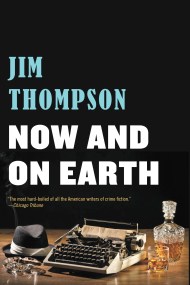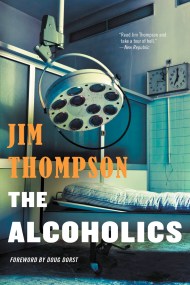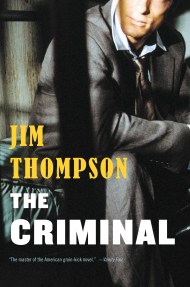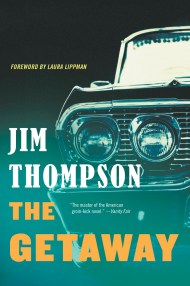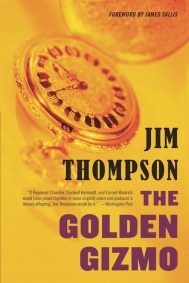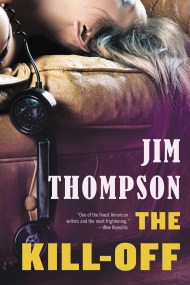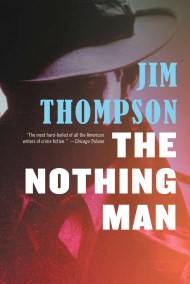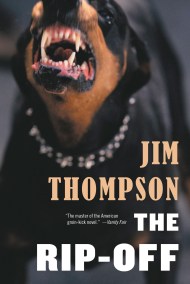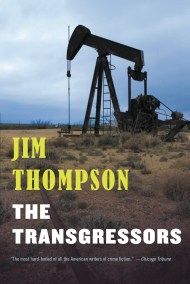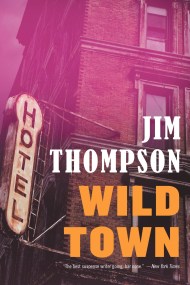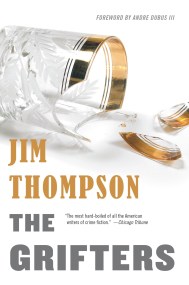By clicking “Accept,” you agree to the use of cookies and similar technologies on your device as set forth in our Cookie Policy and our Privacy Policy. Please note that certain cookies are essential for this website to function properly and do not require user consent to be deployed.
The Killer Inside Me
Contributors
Foreword by Stephen King
By Jim Thompson
Formats and Prices
- On Sale
- Aug 5, 2014
- Page Count
- 256 pages
- Publisher
- Mulholland Books
- ISBN-13
- 9780316404068
Price
$17.99Price
$23.99 CADFormat
Format:
- Trade Paperback $17.99 $23.99 CAD
- Audiobook Download (Unabridged)
This item is a preorder. Your payment method will be charged immediately, and the product is expected to ship on or around August 5, 2014. This date is subject to change due to shipping delays beyond our control.
Buy from Other Retailers:
In The Killer Inside Me, America’s “Dimestore Dostoevsky” Jim Thompson goes where few novelists have dared to go, giving us a pitch-black glimpse into the mind of the American Serial Killer years before Charles Manson and Brett Easton Ellis’s American Psycho, in the novel that will forever be known as the master performance of one of the greatest crime novelists of all time.
Everyone in the small town of Central City, Texas loves Lou Ford. A deputy sheriff, Lou’s known to the small-time criminals, the real-estate entrepreneurs, and all of his coworkers — the low-lifes, the big-timers, and everyone in-between — as the nicest guy around. He may not be the brightest or the most interesting man in town, but nevertheless, he’s the kind of officer you’re happy to have keeping your streets safe. The sort of man you might even wish your daughter would end up with someday.
But behind the platitudes and glad-handing lurks a monster the likes of which few have seen. An urge that has already claimed multiple lives, and cost Lou his brother Mike, a self-sacrificing construction worker fell to his death on the job in what was anything but an accident. A murder that Lou is determined to avenge — and if innocent people have to die in the process, well, that’s perfectly all right with him.
Everyone in the small town of Central City, Texas loves Lou Ford. A deputy sheriff, Lou’s known to the small-time criminals, the real-estate entrepreneurs, and all of his coworkers — the low-lifes, the big-timers, and everyone in-between — as the nicest guy around. He may not be the brightest or the most interesting man in town, but nevertheless, he’s the kind of officer you’re happy to have keeping your streets safe. The sort of man you might even wish your daughter would end up with someday.
But behind the platitudes and glad-handing lurks a monster the likes of which few have seen. An urge that has already claimed multiple lives, and cost Lou his brother Mike, a self-sacrificing construction worker fell to his death on the job in what was anything but an accident. A murder that Lou is determined to avenge — and if innocent people have to die in the process, well, that’s perfectly all right with him.
Series:
-
"The best suspense writer going, bar none."The New York Times
-
"My favorite crime novelist-often imitated but never duplicated."Stephen King
-
"If Raymond Chandler, Dashiell Hammett and Cornell Woolrich would have joined together in some ungodly union and produced a literary offspring, Jim Thompson would be it...His work...casts a dazzling light on the human condition."Washington Post
-
"Like Clint Eastwood's pictures it's the stuff for rednecks, truckers, failures, psychopaths and professors ... one of the finest American writers and the most frightening, [Thompson] is on best terms with the devil. Read Jim Thompson and take a tour of hell."The New Republic
-
"The master of the American groin-kick novel."Vanity Fair
-
"The most hard-boiled of all the American writers of crime fiction."Chicago Tribune
Newsletter Signup
By clicking ‘Sign Up,’ I acknowledge that I have read and agree to Hachette Book Group’s Privacy Policy and Terms of Use
